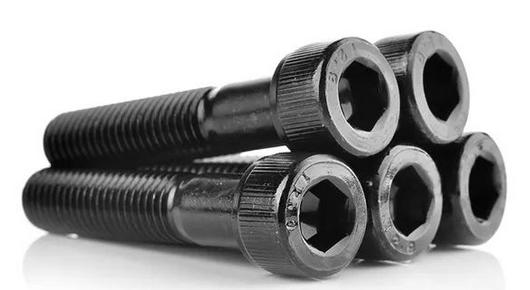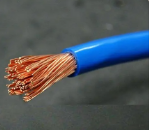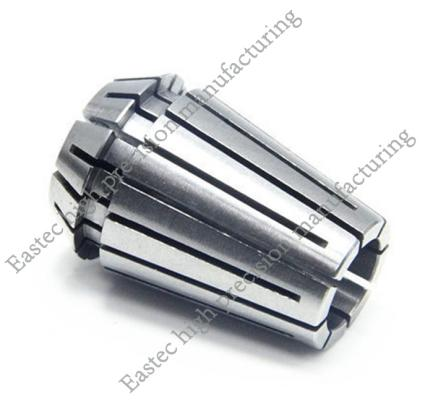
Galvanized bolts can still rust? Yes, we all thought that bolts wouldn't rust after galvanizing, but that's not the case. After galvanizing, bolts don't stop rusting, but their rusting time is extended. Therefore, it is important to know what requirements there are for the surface of the bolt when it is being used. Only with a surface treatment that meets environmental requirements will the anti-rust performance of galvanized bolts reach its best state. Of course, the anti-corrosion performance of galvanized bolts is not the best among all types of surface treatments, but galvanized bolts are the most widely used fasteners in the market, more common than Dacro treatment and hot-dip galvanizing.
Before production, galvanized bolts have already noted the relevant technical parameters in the drawings, including the drawing size of the wire, the size of the mold, and the standard of the screw threads, and even some rigid requirements for packaging the screws. Only by standardizing the requirements can we ensure their proper implementation; otherwise, it's just talk and can't achieve standardization.
But why do screws, which are produced according to standard requirements, still show signs of rusting? In fact, the surface galvanization process of screws is a very common process. If you want good anti-rust performance, galvanization is the worst choice. If design allows, you can choose treatments that provide longer anti-rust times, such as hot-dip galvanizing or Dacro treatment. The main purpose of galvanizing screws is for aesthetics and easy installation. Their anti-corrosion performance is only suitable for indoor fixed environments and has a certain anti-rust performance. If you use galvanized screws in a coastal environment, they are likely to become rusty within a year.
Therefore, the reason why galvanized bolts rust is not due to quality issues (of course, here we are referring to cases where galvanizing is clearly not suitable for harsh environments; if galvanized bolts often show signs of rusting in normal environments, then it is indeed a problem with the galvanizing). Instead, we need to find the root cause of the problem from the design and ensure that the design concept meets actual requirements.
If the bolts start to rust before they are used, then we need to consider whether the bolts themselves have not been properly processed. Sometimes, after we receive the bolts from the galvanizing plant and bring them to the warehouse, the surface temperature of the bolts has not yet cooled down. If you seal them in a package at this time, the change in temperature inside and outside the package will cause a layer of fog to form inside the packaging, which is very corrosive to the surface of the bolts. It won't take long for the bolts to start rusting, so the timing and process of packaging and storage are also very important.
Another factor is the storage environment. The storage environment for galvanized bolts must have good ventilation. Take Wuxi, Jiangsu, for example; this city has a rainy season from May to July, with indoor air humidity being severe every day. If galvanized bolts are stored in such an environment, they won't be rust-free for long.
The last reason for bolts to rust is the manufacturing plant. If the technology of the galvanized bolt manufacturing plant is not up to standard, and the threads are galvanized with flaws, then of course, the bolts will rust.





 Customer service 1
Customer service 1  Customer service 2
Customer service 2